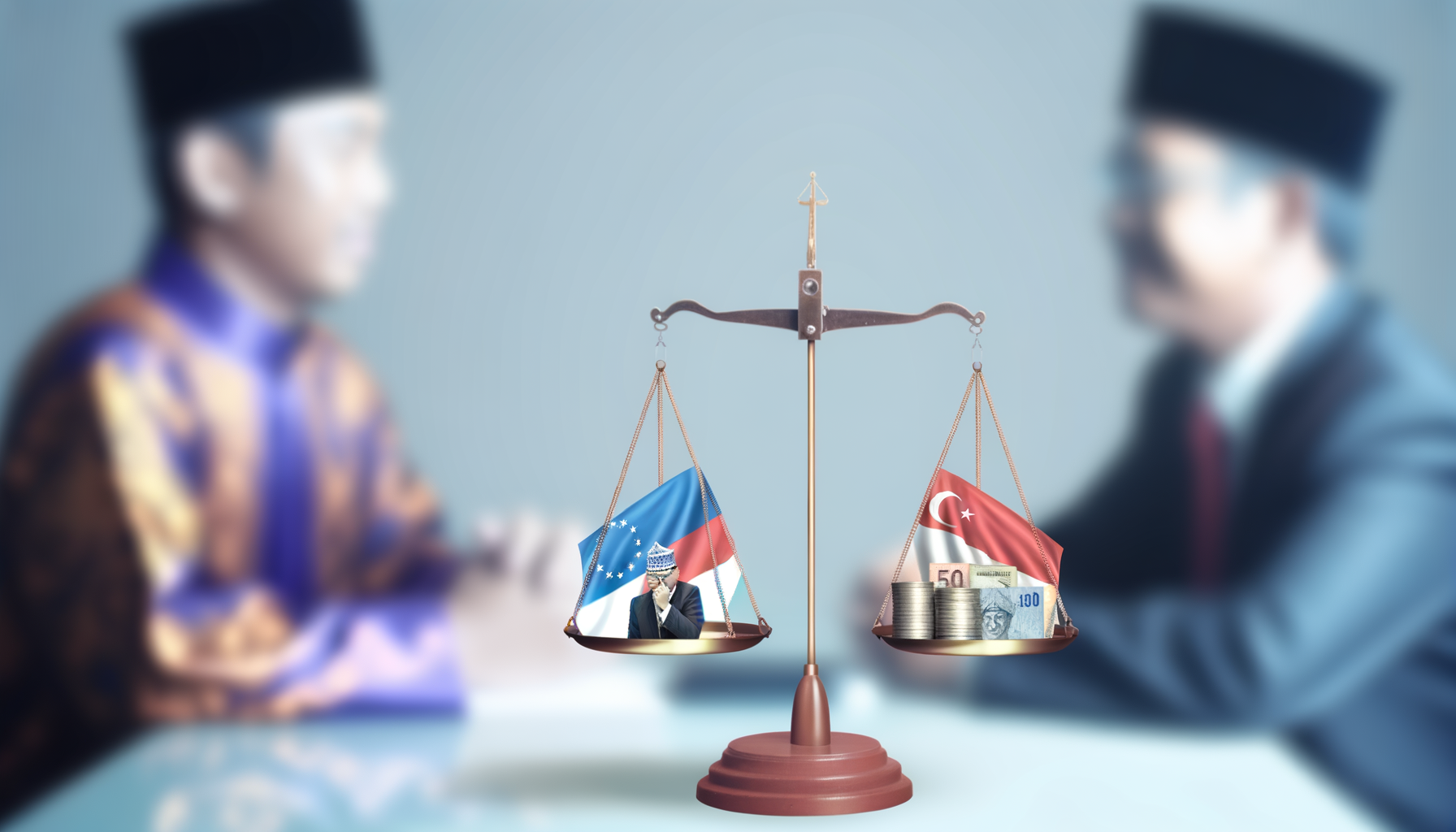UCO’s Opposition to Indonesian Government Export Policy: A Growing Conflict
Since January 8, 2025, the Indonesian government has implemented a new export policy aimed at boosting domestic industries and reducing reliance on foreign markets. However, this policy has sparked significant opposition from collectors and exporter of Used Cooking Oil, which argues that the restrictions are detrimental to its global competitiveness and economic stability. This article delves into the reasons behind UCO’s resistance, the potential economic repercussions, and the broader implications for Indonesia’s trade relations. By exploring these aspects, we aim to provide a comprehensive understanding of the ongoing conflict and its potential outcomes.
The New Export Policy: A Double-Edged Sword
The Indonesian government’s export policy, introduced on January 8, 2025, was designed to prioritize domestic consumption and industrial growth. By limiting the export of key commodities, such as CPO, POME and UCO the government hopes to stabilize local prices and ensure a steady supply for domestic manufacturers. However, this move has been met with fierce opposition from UCO, which relies heavily on international markets for revenue. The policy has created a bottleneck for UCO collectors, who now face reduced export quotas, changing policy increased logistical challenges. While the government’s intentions are rooted in national interest, the policy’s implementation has raised concerns about its long-term viability and fairness. This is partially true looking at the state owned Pertamina partnering with Nouvoluem collecting UCO directly and disrupting the current waste management practices.
Economic Repercussions for UCO and Beyond
The immediate impact of the export restrictions has been a sharp decline in UCO’s revenue streams. With limited access to global markets, many exporters are struggling to maintain profitability, leading to layoffs and reduced investments in the sector. This economic strain is not confined to UCO alone; it has ripple effects across the entire supply chain, from small independent collector to large pool. Additionally, the policy has strained Indonesia’s trade relations with key partners, who rely on its used cooking oil feedstocks. The uncertainty surrounding the policy has also deterred foreign investors, further exacerbating the economic challenges faced by the country.
Broader Implications for Indonesia’s Trade Relations
Indonesia’s export policy has far-reaching implications for its trade relations with other nations. Countries that depend on Indonesian palm oil products, such as EU and many SAF plants across South East Asia, are now seeking alternative suppliers, which could lead to a permanent shift in trade dynamics. This shift not only threatens Indonesia’s position as a leading exporter but also undermines its credibility as a reliable trade partner. Furthermore, the policy has sparked debates about the balance between domestic priorities and international obligations. As Indonesia navigates this complex landscape, it must consider the broader consequences of its actions on global trade and economic stability.
Potential Pathways to Resolution
To address the growing conflict, both the Indonesian government and UCO practitioner must engage in constructive dialogue to find a mutually beneficial solution. One potential pathway is the implementation of a phased approach to export restrictions, allowing UCO producers to gradually adapt to the new regulations. Another option is to provide financial incentives and support to affected industries, helping them transition to alternative revenue streams. Additionally, the government could explore partnerships with international organizations to mitigate the impact on trade relations. By adopting a collaborative approach, Indonesia can strike a balance between domestic priorities and global economic integration.
Conclusion
The Indonesian government’s export policy, introduced on January 8, 2025, has sparked significant opposition from the UCO industry, leading to economic strain and strained trade relations. While the policy aims to prioritize domestic interests, its implementation has raised concerns about fairness and long-term viability. The economic repercussions for UCO and the broader supply chain are profound, with potential ripple effects on Indonesia’s global trade dynamics. To resolve the conflict, a collaborative approach that balances domestic priorities with international obligations is essential. By fostering dialogue and exploring innovative solutions, Indonesia can navigate this complex landscape and ensure a sustainable future for its industries and trade relations.


Leave a Reply